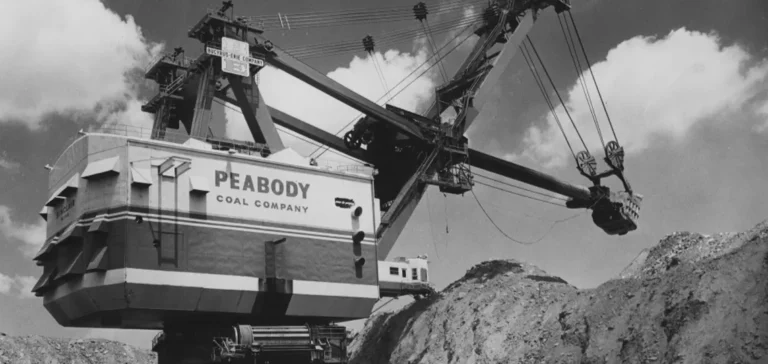The American group Peabody Energy has officially withdrawn its $3.78 billion offer to acquire Anglo American’s Australian coking coal mines. This decision follows a disagreement over the impact of a fire that occurred in April at the Moranbah North underground mine, located in the Bowen Basin in Australia, one of the world’s largest metallurgical coal production hubs.
Anglo American, listed on the London Stock Exchange, had included these assets in its so-called “abandoned” operations when it released its half-year results in July. This portfolio of non-core assets had been put up for sale following the failure of a takeover bid by mining group BHP. The sale was expected to mark a major step in Anglo’s portfolio restructuring, focused on assets considered more viable in the long term.
Dispute over a major adverse event
The dispute crystallized around a contractual clause related to a material adverse change (MAC). Peabody invoked this clause following the fire, arguing that the event had a significant and lasting impact on the operation of the most important site in the transaction.
In an official statement, Peabody CEO Jim Grech stated that no agreement could be reached to compensate for these impacts. The company therefore decided to terminate the acquisition process in accordance with its contractual rights.
Arbitration proceedings underway
Anglo American disputed the validity of this decision, arguing that the damage caused by the fire did not justify the MAC qualification. According to the company, neither the mining facilities nor the equipment suffered irreparable damage, and restart operations at the site are already underway. It confirmed its intention to promptly initiate arbitration proceedings to seek compensation for wrongful termination of the contract.
The possibility of a termination fee payment has not yet been confirmed by the parties, and no information has been released on this matter at this stage.
Impact on divestment strategies
This withdrawal represents a setback for Anglo’s asset divestment strategy. However, the company expressed confidence in its ability to relaunch a new sale process, highlighting the strong interest shown during the initial tender. CEO Duncan Wanblad emphasized that Anglo remains committed to its strategic refocus and is already exploring other options.
On the financial markets, Peabody’s shares gained more than 6% in pre-market trading in the United States. Meanwhile, Anglo American’s stock experienced moderate volatility, erasing early losses and eventually rising by 2.9% during the session.
This dispute highlights the contractual risks associated with divestment operations in the mining sector, particularly when unforeseen technical events occur between the signing and the completion of a deal. It also raises the issue of managing strategic assets in a context of accelerated restructuring among the major players in the sector.






















